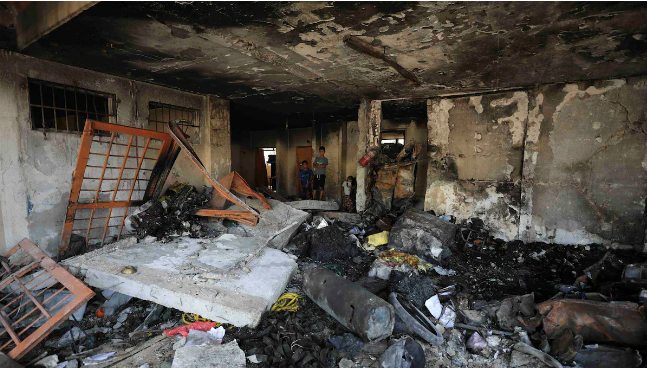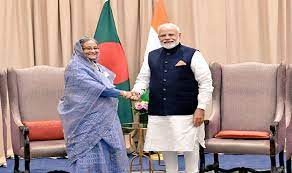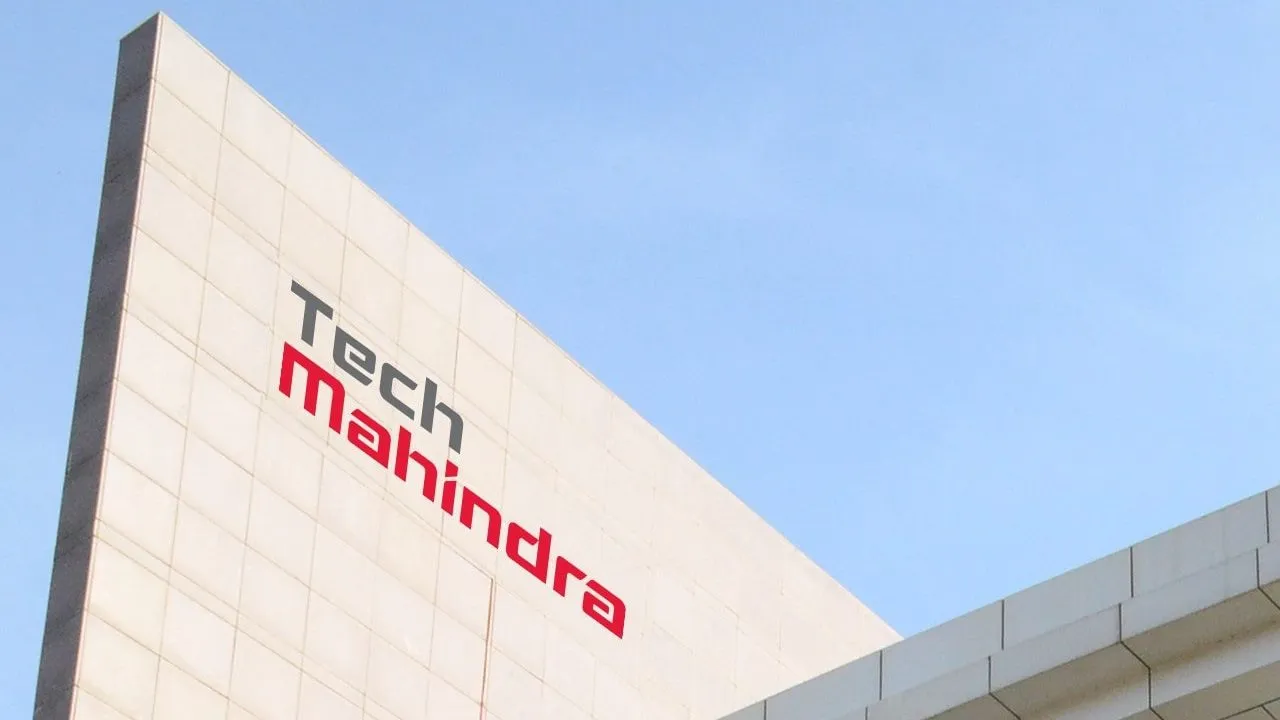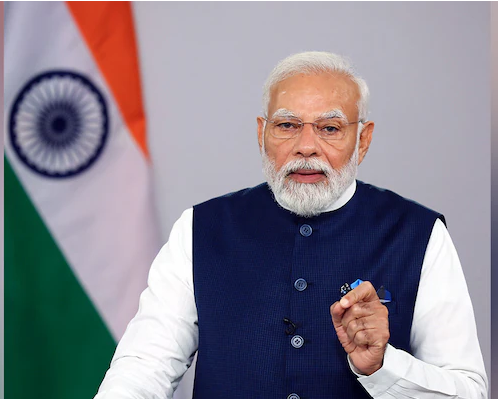India likely to grow by 7.5% in Q1: RBI
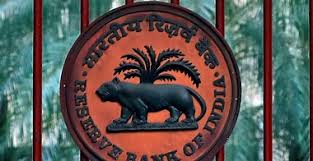
NEW DELHI: The Reserve Bank of India (RBI) declared in its monthly bulletin that India's aggregate demand momentum is improving, owing to a recovery in rural expenditure. The central bank noted an increase in overall non-food spending, citing signs of recovery in rural demand.
"Recent data indicate that aggregate demand is picking up. In the personal consumption area, Nielsen IQ statistics show that a welcome pivot is taking place that will boost this category of spending," the RBI wrote in its 'State of the Economy' piece.
The report found that rural demand for fast-moving consumer goods (FMCG) had surpassed urban demand for the first time in at least two years. In the previous quarter, the FMCG volume increase of 6.5 per cent was primarily driven by rural growth of 7.6 per cent, compared to urban growth of 5.7 per cent. This increase is due to strong demand for household and personal care items.
Additionally, the RBI reported a small decrease in headline inflation in April, consistent with the expectation of a gradual and uneven approach to the 4 per cent target. Annual retail inflation in April was 4.83 per cent, down marginally from 4.85 per cent in March.
Despite this minor reduction, the RBI warned that food costs, including vegetables, cereals, pulses, meat, and fish, might keep headline inflation near 5 per cent in the immediate term. This is despite gasoline price deflation and core inflation falling to a new historical low.
"While statistical base effects may help pull down the headline inflation in July and August, it is expected that September may see a reversal," the Reserve Bank of India stated. "It is only in the second half of the year that a durable alignment with the target may re-commence and sustain till numbers closer to the target are sighted during 2025-26."The report found that rural demand for fast-moving consumer goods (FMCG) had surpassed urban demand for the first time in at least two years
The RBI's bulletin highlights the importance of rural consumption in fuelling India's economic growth, as well as the persistent problems of stabilising inflation.



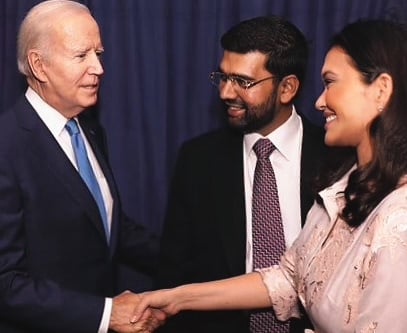
.jpg)

